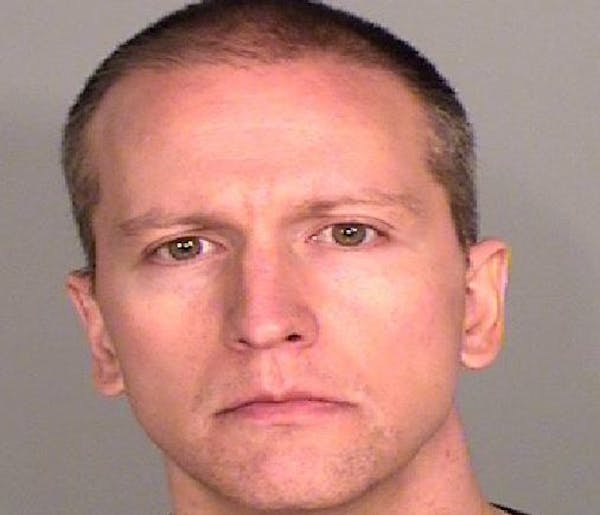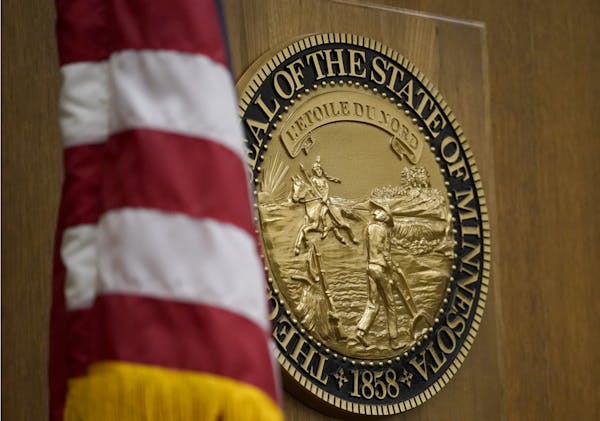The Minneapolis Civil Rights Commission formed a task force to "create and disseminate messaging" surrounding the trials of the ex-officers charged in the death of George Floyd — but the City Attorney's Office has advised them not to release their statement.
The instruction has frustrated some of the volunteer commissioners, who sought to publicly encourage peaceful protests, condemn white supremacy and police brutality and exhort elected leaders and police to emphasize the importance of de-escalating tense situations instead of resorting to force.
"Speaking for myself, the last thing I would want to do is to interfere with this trial that's going on," said Commissioner Ken Rance.
He added: "We have an obligation as a Civil Rights Commission to stand up for the civil rights of all residents."
Commissioners discussed statements at public meetings. Possibilities included submitting an opinion piece to the Star Tribune, posting on social media or publishing it on their website.
The question of when and how to discuss the murder trial of former officer Derek Chauvin has challenged city leaders, who want to acknowledge the pain that arose from Floyd's death and avoid accusations of interfering with the proceedings.
Nearly a month ago, during the first week of jury selection, Minneapolis City Council members and Mayor Jacob Frey agreed that the city would pay $27 million to settle the lawsuit filed by Floyd's family. Some officials later joined the family in a news conference.
The elected leaders' remarks prompted a sharp rebuke from Hennepin County District Judge Peter Cahill, who said he wished they would stop publicly discussing the criminal trial. Cahill dismissed two previously selected jurors who said news of the settlement changed their view of the case.
The Civil Rights Commission, created in 1975, consists of 21 members whose primary responsibility is promoting civil rights and enforcing local ordinances on the topic.
The city's ordinances outline nine powers and duties for the commission, including advising "the mayor, the City Council and departments or agencies of government with respect to matters relating to the commission's purposes" and "conduct public meetings and forums, and gather and disseminate information to governmental agencies and to the public."
When she advised against making public statements, Susan Trammell, an attorney for the city, cited Cahill's remarks and also concluded that the task force lacked the authority to issue press statements like the one it drafted.
City spokeswoman Sarah McKenzie said the City Attorney's Office concluded that local ordinances limit the commission's authority to advising the city's leaders and government agencies and its "powers do not include issuing press statements."
Commissioner Mark Stignani said he saw Trammell's statement as a "direct challenge to our independence and ability to speak to the public." Others said they worried the commission's work was being delayed, or they were troubled that a statement condemning white supremacy was being blocked.
The commissioners created the task force during their February meeting after Rance asked if they intended to address the trials.
The commissioners voted 18-0 to form a group to draft statements for the commission. They called it the Accountability for the Killing of George Floyd Task Force.
Since then, task force members drafted a statement that sought to encourage peaceful protest and condemn police brutality and white supremacy — while refraining from weighing in directly on Chauvin's guilt or innocence.
"Where's the fault in that?" Rance said in an interview. "Why would there be opposition to that?"
Liz Navratil • 612-673-4994




